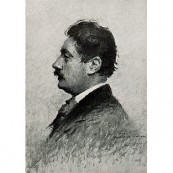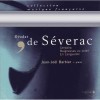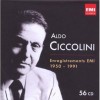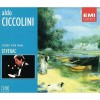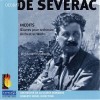| Country: | France |
| Period: | Romantique |
Biography
Déodat de Séverac (pronounced: [deoda də sevəʁak]) (Saint-Félix-de-Caraman, Haute-Garonne, July 20, 1872 – Céret, Pyrénées-Orientales, Roussillon, March 24, 1921) was a French composer.
Of aristocratic background, Déodat de Séverac was profoundly influenced by the musical tradition of his native Languedoc. He is noted for his vocal and choral music, which include settings of verse in Provençal (the historic language of Languedoc) and Catalan (the historic language of Roussillon) as well as French poems by Verlaine and Baudelaire. His compositions for solo piano have also won critical acclaim, and many of them were titled as pictorial evocations and published in the collections Chant de la terre, En Languedoc, and En vacances. A popular example of his work is The Old Musical Box in B-flat major, but his masterpiece is the suite Cerdaña (written 1904—1911), filled with the local color of Languedoc. His motet Tantum ergo is also still sung on occasion.
He left his native Toulouse to study in Paris, under Vincent d'Indy and Albéric Magnard at the Schola Cantorum, an alternative to the training offered by the Paris Conservatoire. He worked as an assistant to Isaac Albéniz and returned to the south of France, where he spent the rest of his rather short life. His opera Héliogabale was produced at Béziers in 1910.





